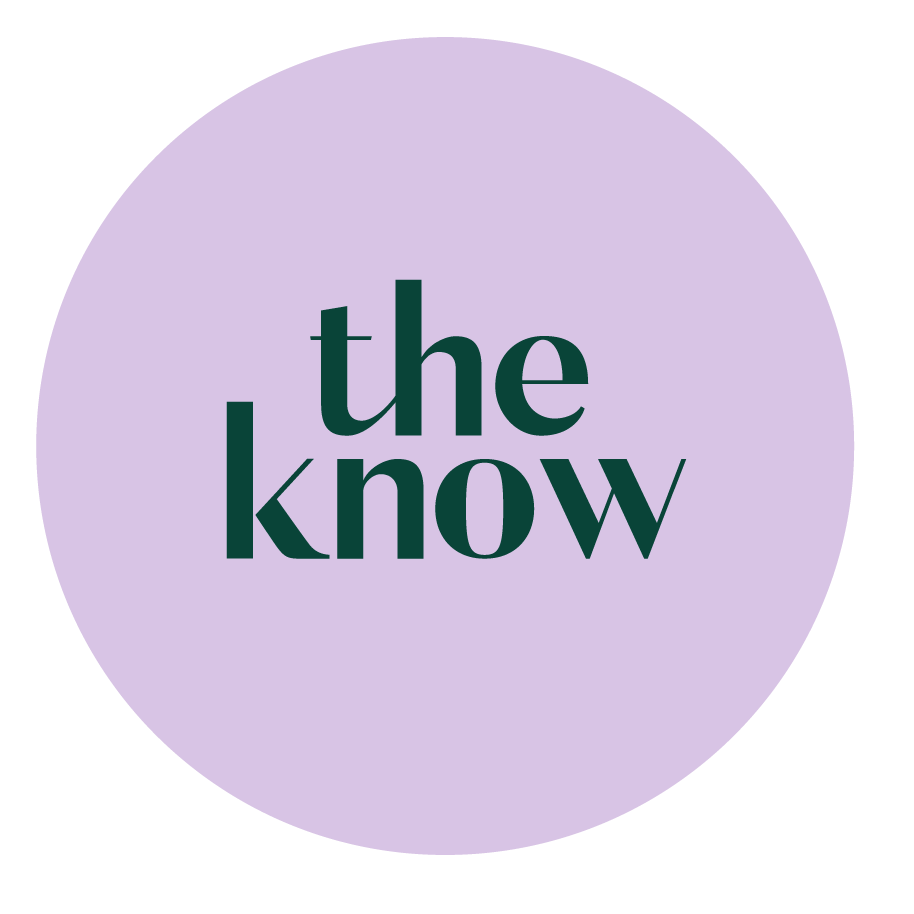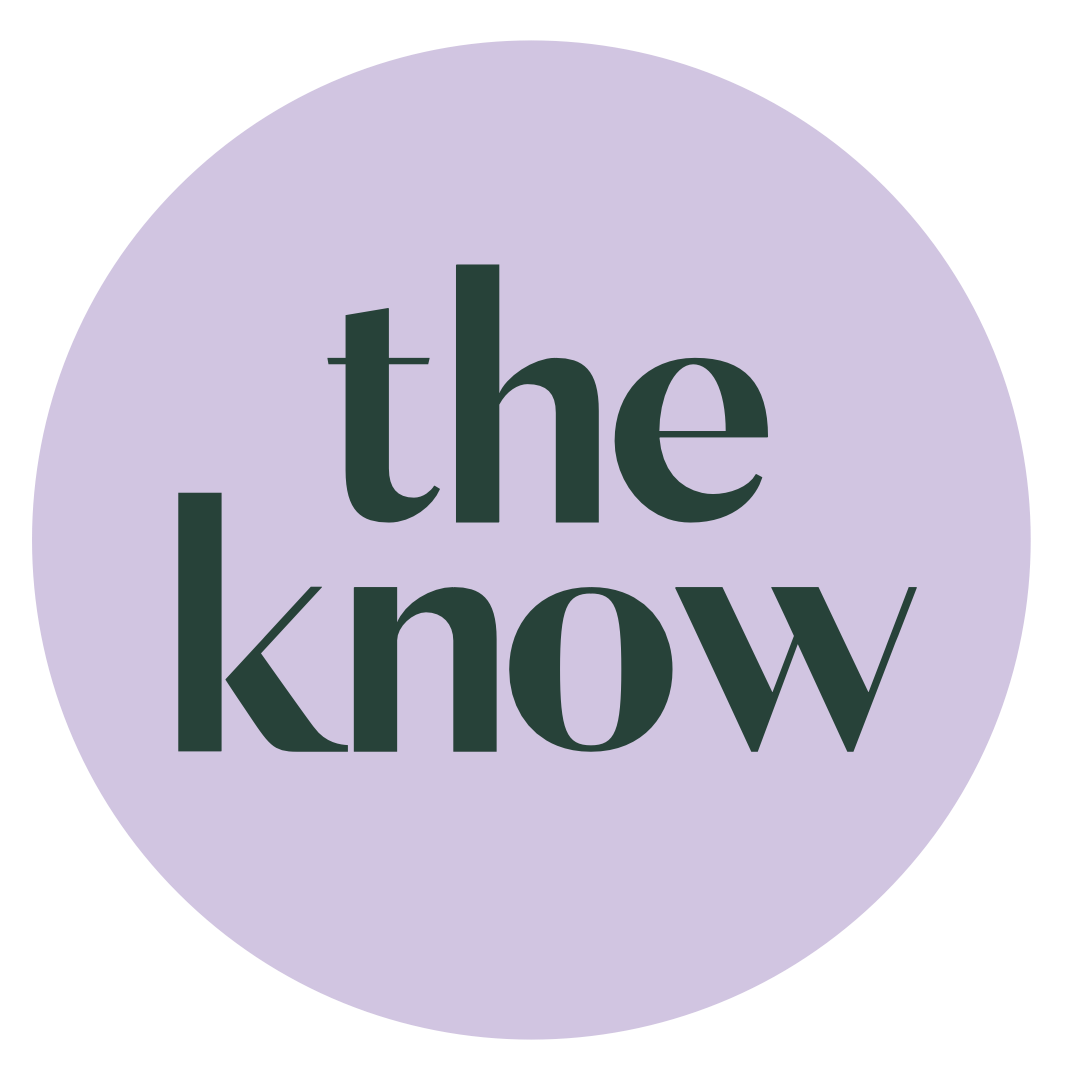How to fall in love with reading again
Aside from my coursework, I barely read during university. By the time I’d finished mandatory readings and writing essays, I just couldn’t face any more blocks of text.
After graduating last summer, I was determined to incorporate reading into my life – it was hands down my favourite way to pass the time growing up. And I’m not the only one trying to get back into books: Gen Z is going through a reading renaissance. 15 to 24-year-olds were the top users of libraries across all ages, according to data from 2017. The power of booktook, young influencers taking to TikTok to recommend and review books, is also driving a boom in reading among younger people.
Taking that first leap can be scary, but the good news is that there are plenty of little ways to get back into reading (tried and tested by yours truly).
Ease into it
Be gentle with yourself, reading shouldn’t feel like a chore. There’s no need to tackle a daunting 800-page book just because it’s considered a classic. So, if you feel yourself losing interest in a book, it’s okay to abandon it. There are plenty of books in the library! The Guardian gathered sage advice from librarians on enjoyable ways to get back into reading. Some particularly helpful tips include picking up quick reads that are 100 pages or less, dedicating as little as 10 minutes a day to reading and, of course, joining a library.
Some books I’ve enjoyed recently from my local library
It’s also so okay to not go straight into books, and instead start off with shorter-form content. Magazines are an accessible way to ease yourself into reading. Here at The Know, we’ve been loving Readly, an app that gives unlimited access to over 7,000 newspapers and magazines. Treat yourself to a free three-month trial here.
Join a book club
I’m part of two different book clubs, one for intersectional feminists and the other dedicated to East & Southeast Asian literature. Not only am I reading genres I would’ve previously looked past, it’s been so wholesome bonding over literature and getting to know others. There are so many book clubs catered to niche interests, so you’re bound to find something you like. And even if you already consider yourself a big reader, joining a club is a great way to step out of your comfort zone and read about perspectives you wouldn’t have otherwise and meet like-minded people.
Alex Holker, the founder of feminist literature-focused book club Spare Ribs, told The Know she was motivated to start it because “there was a real lack of social spaces for young women to spend time doing something more intellectually stimulating”.
“I’ve always been a big reader, but running Spare Ribs Club has really broadened my reading - I try to choose books by authors of colour, or of marginalised communities, which means I’m reading about women’s experiences that are different from my own,” Holker added.
If you’d prefer something online and less deadline driven, Dua Lipa’s Service 95 book club is a great alternative to the traditional in-person book club. Every month Lipa chooses a book, interviews the author and also has them write an article on their must read books. All for free!
Up the ante
After a long absence of not reading, I found it difficult to pick up a book without having a goal in mind. Giving myself mini tasks to complete, like reading 20 minutes before bed, alongside a larger, slower objective of completing 15 books in a year was just the push I needed. Luckily, there are plenty of apps that can help you organise your reading goals.
Over the halfway mark for my annual reading goal
When looking for an Amazon-free alternative to Goodreads, I stumbled upon Storygraph, a platform that allows readers to log books, enter challenges and set reading goals. My favourite part of the platform is the logging system. Instead of just presenting you with a list of the books you’ve read, it analyses the books you’ve logged and breaks them down into pie charts based on different metrics like genres, pace, mood and length. If you need a push to get back into the groove of reading and enjoy easy-to-use interfaces, Storygraph is the perfect app.
A breakdown of the moods of the books I’ve read so far this year
Happy reading!




